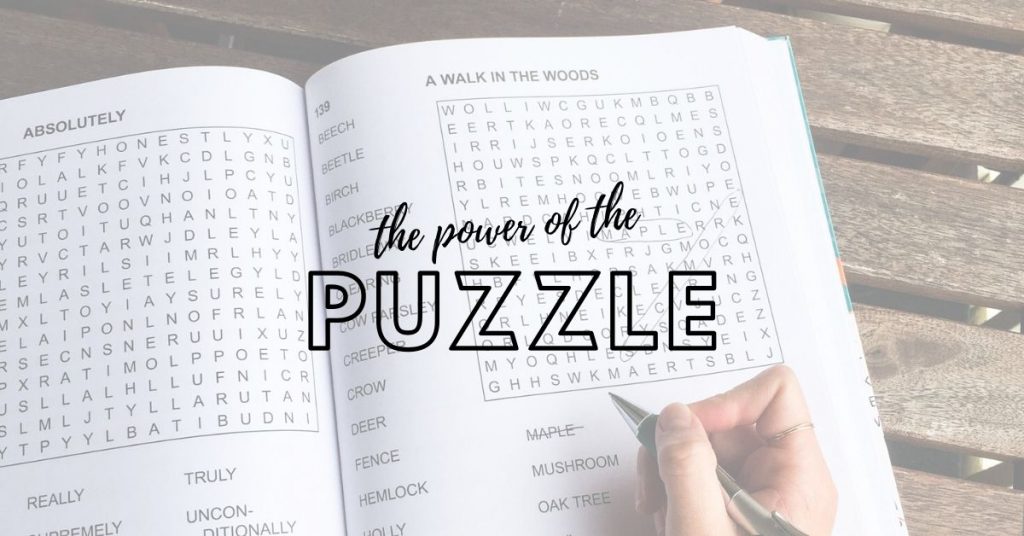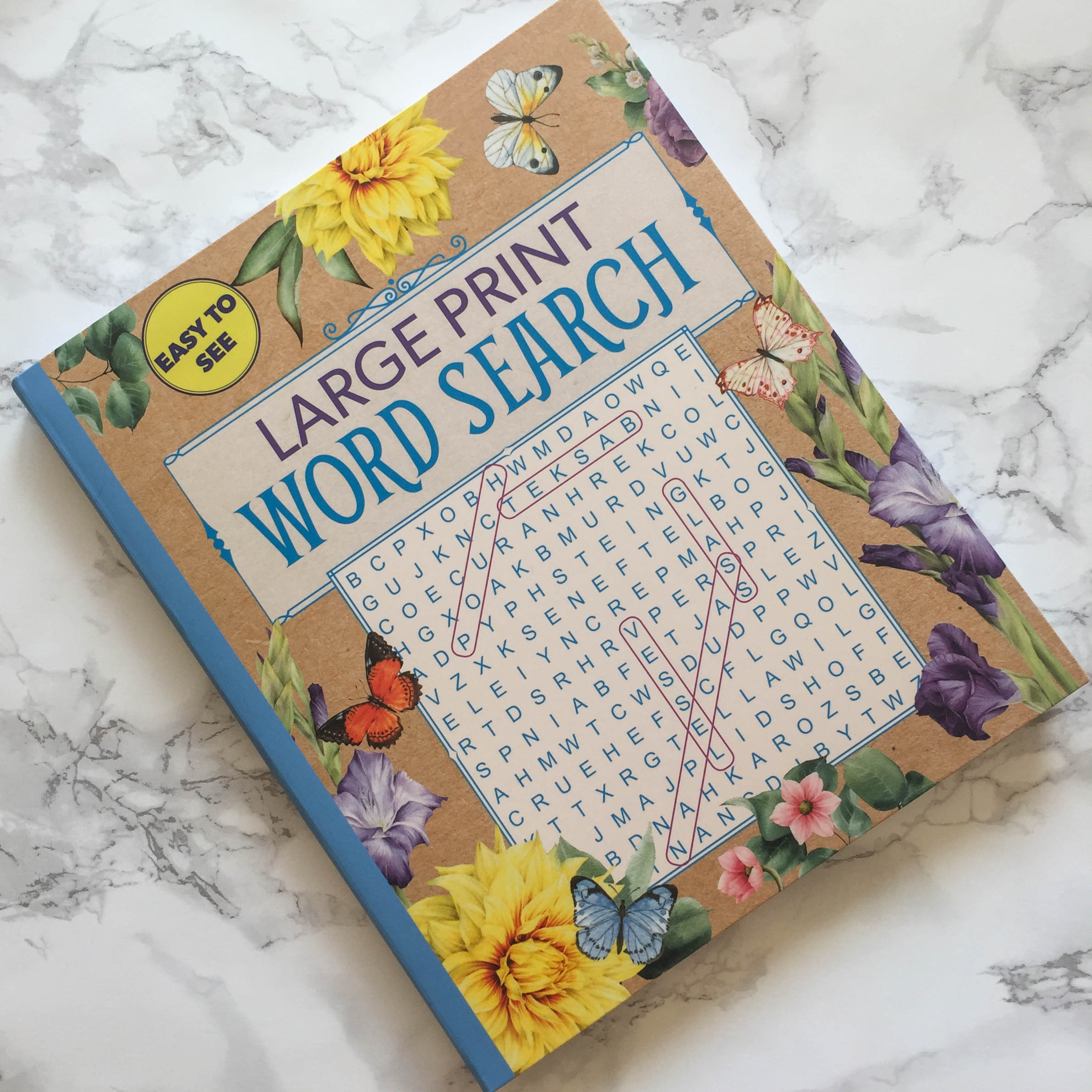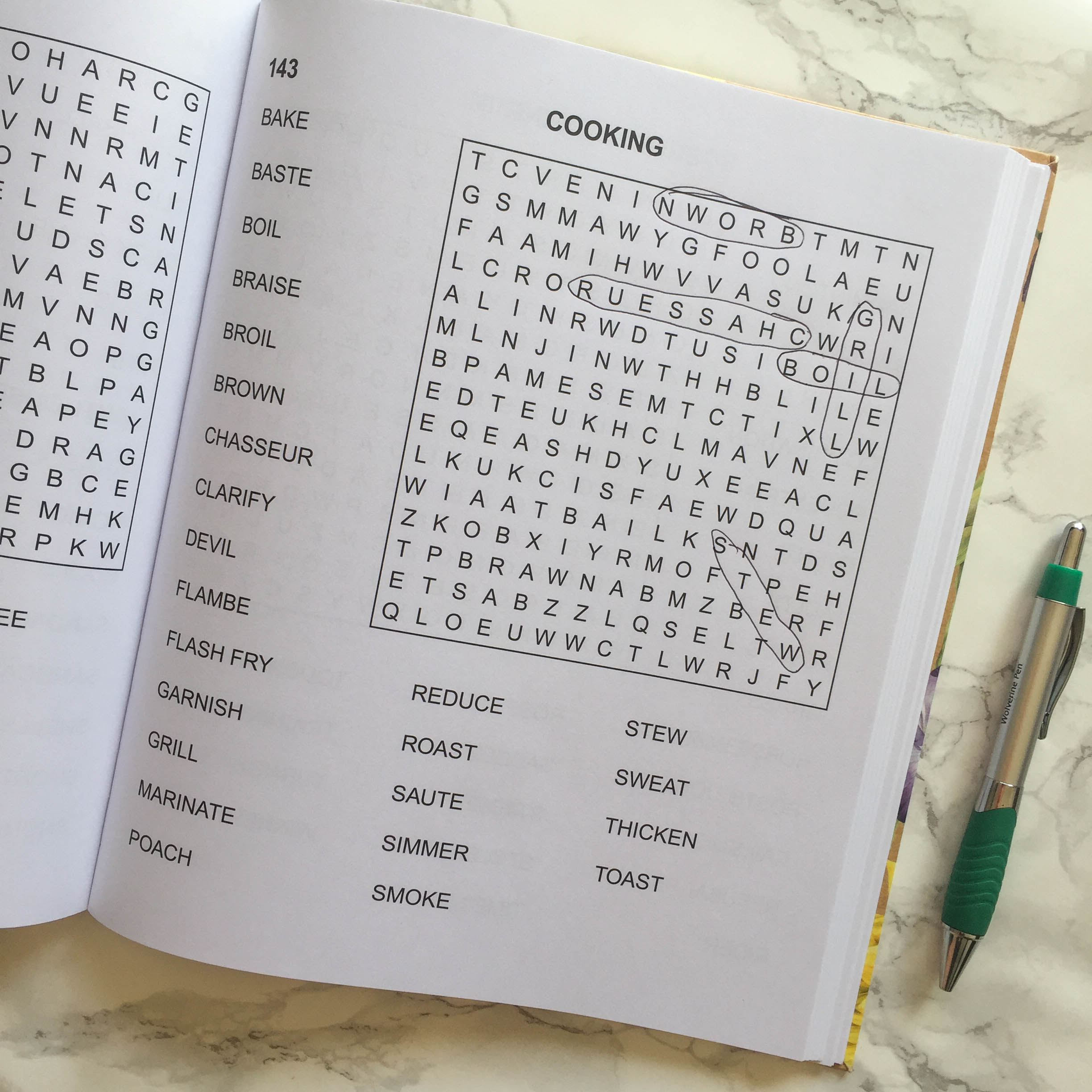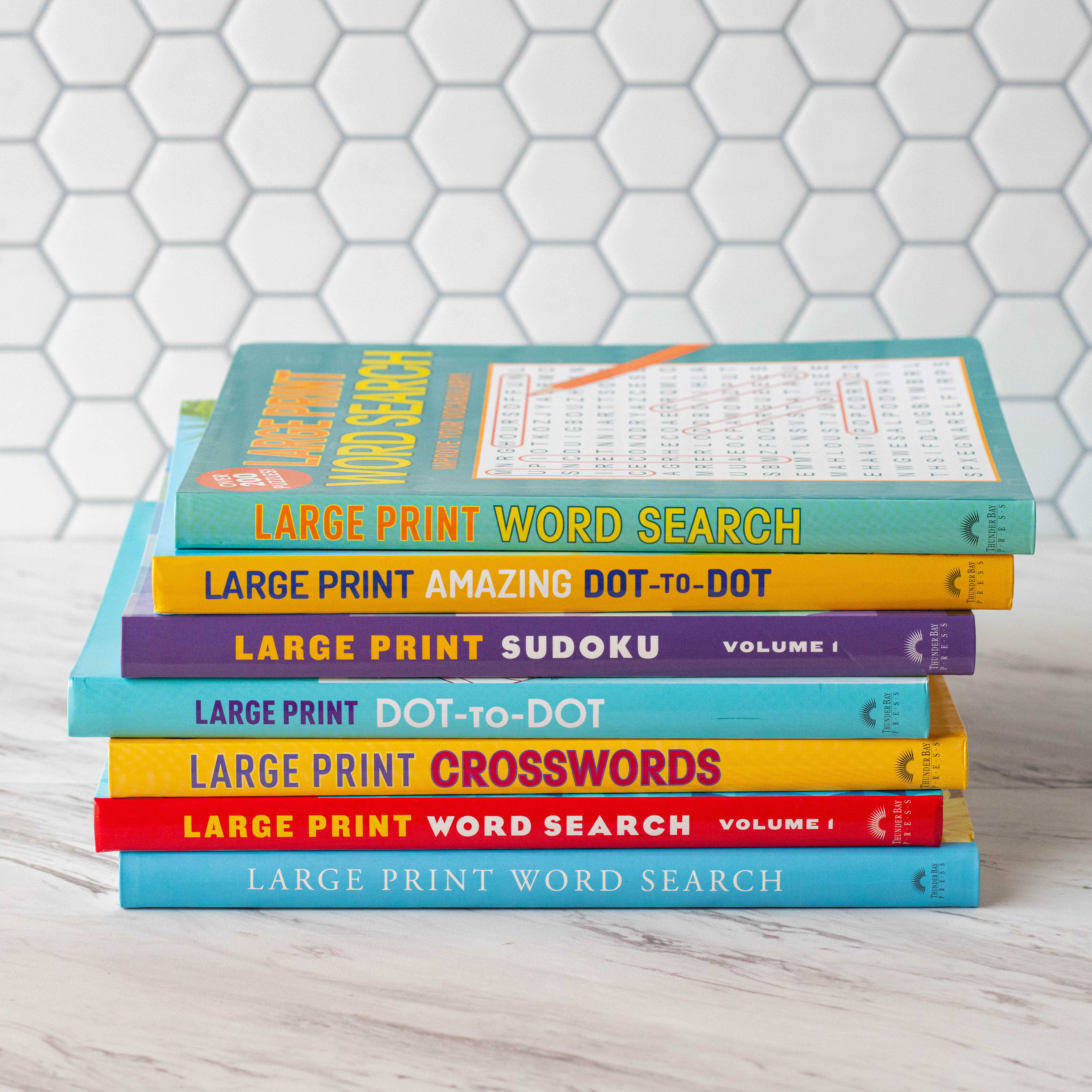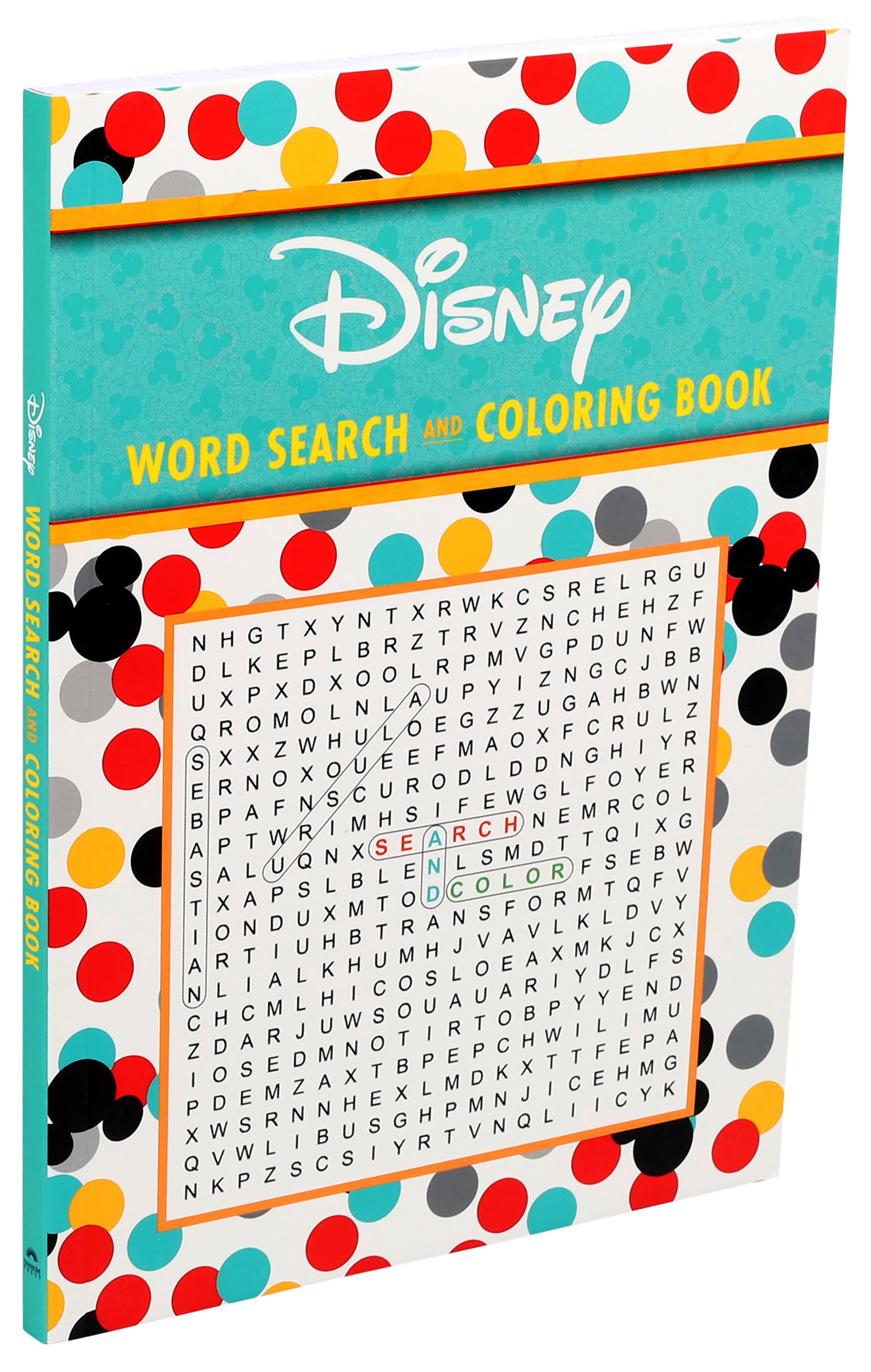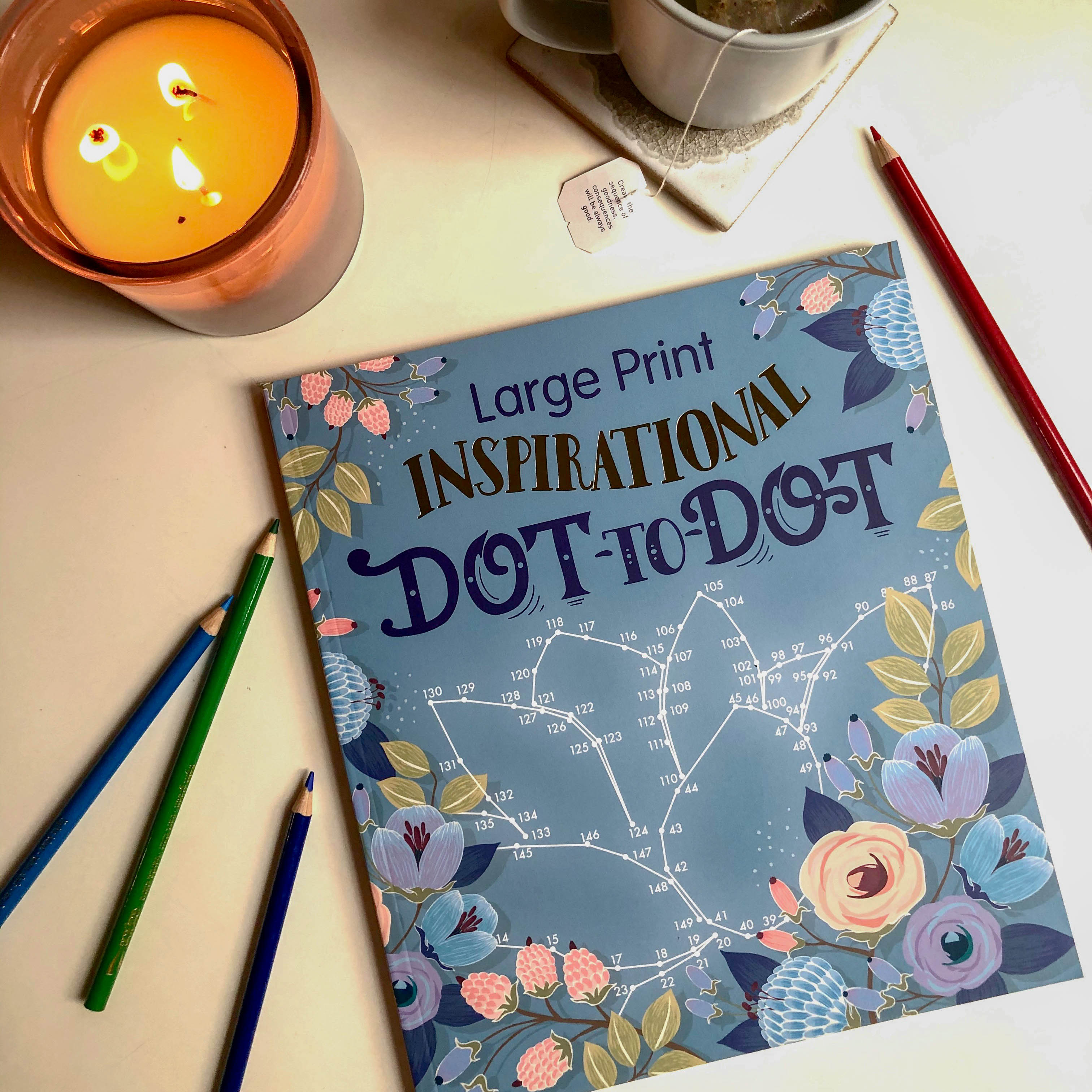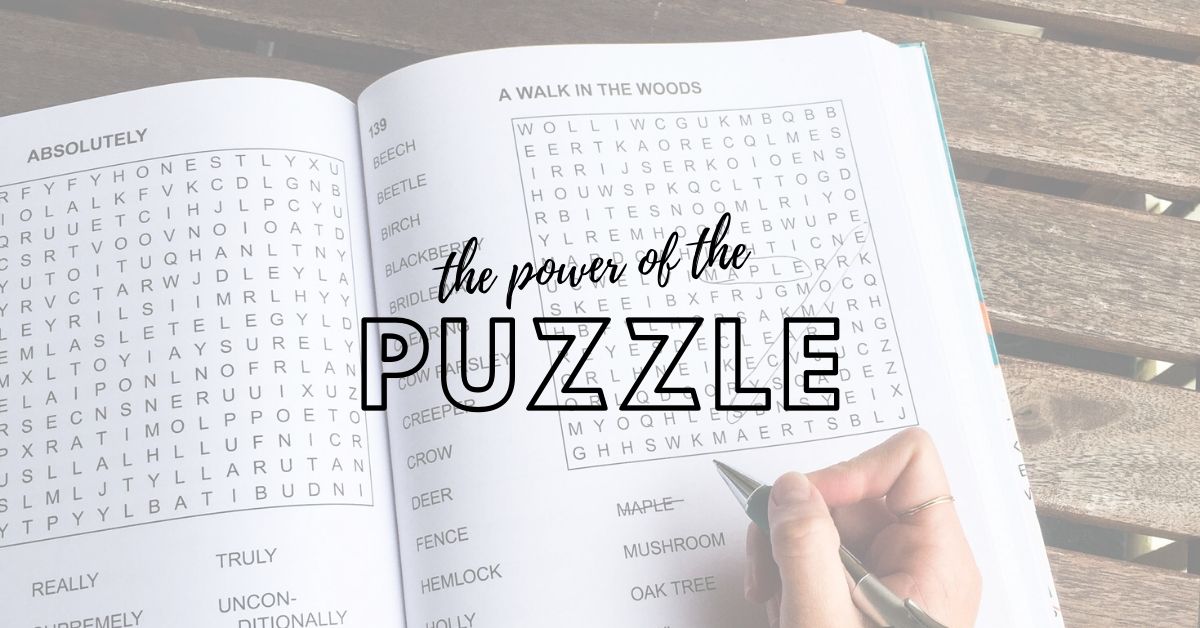
Working on puzzles — jigsaw, word searches, mazes, crosswords, and such — aren’t just fun. They’re also brain food. Check out these fun facts about what puzzles do for your brain below!
One
Solving puzzles is essentially very low-stakes problem-solving. It’s practice for solving real problems in real life, and helps train your brain to think critically, a skill that can be developed at every stage of life.
Two
Puzzles force you to try new things. It’s a trial and error world — as you try out a potential solution and realize that it doesn’t work, you must regroup, redouble your efforts, and try something else. Over time, this leads to better abilities in theory creation and testing those ideas — those are the early stages of the scientific method. All that, in turn, makes the brain more agile and even adaptable.
Three
Doing puzzles strengthens connections between brain cells, both long established ones and newly established ones. With those new pathways formed and other ones smoothed out, that increases mental speed — your brain can literally think of things and react faster.
Four
Shape-oriented puzzles, like jigsaw puzzles, for example, can specifically help improve short-term memory. Recognizing patterns, particularly shapes and colors, can help the brain’s spatial reasoning in the long-term, too.
Five
Puzzles help with visual-spatial reasoning skills. That can prepare you for better everyday tasks where judging relative space between objects is beneficial, such as in driving, parking, and packing.
Six
Word puzzles help with vocabulary. You learn new words, and synonyms for words you do know, and can make connections between words you never saw before, like noticing they have the same root, for example.
Disney Word Search and Coloring Book is perfect for classic Disney fans looking to relax and unwind.
Seven
Puzzles are fun, and fun is healthy. An engaged and pleased brain releases a feel-good hormone called dopamine.
Eight
Puzzles are relaxing. The brain, in its puzzling state, retreats from its ultra-wakeful state into one closer to what it’s like during dreaming.
Nine
When we’re generally happier and more relaxed, we’re less stressed. Doing a puzzle for a break for five or ten minutes can lead to more work getting done over the next few hours.
Ten
An active brain is a healthy and protected brain. Some studies indicate that regular puzzle uses in older adults may stave off or even decrease the likelihood of Alzheimer’s or general dementia.
Looking for something to challenge, occupy, and entertain the brain? It’s no puzzle to find them — check out all of our game and puzzle books!







